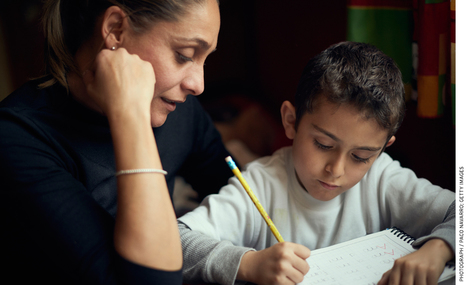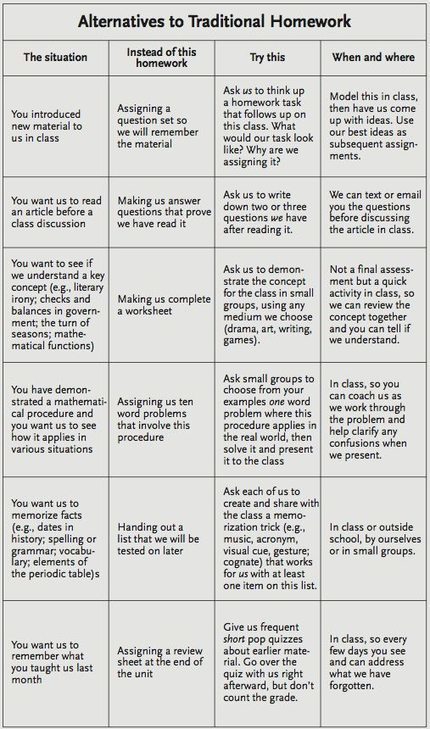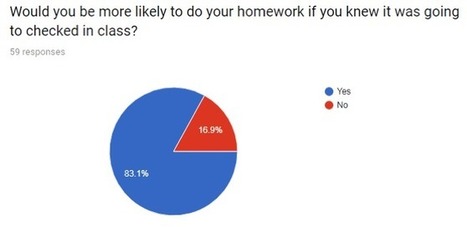Any parent who has battled with a child over homework night after night has to wonder: Do those math worksheets and book reports really make a difference to a student’s long-term success? Or is homework just a headache—another distraction from family time and downtime, already diminished by the likes of music and dance lessons, sports practices, and part-time jobs?
Allison, a mother of two middle-school girls from an affluent Boston suburb, describes a frenetic afterschool scenario: “My girls do gymnastics a few days a week, so homework happens for my 6th grader after gymnastics, at 6:30 p.m. She doesn’t get to bed until 9. My 8th grader does her homework immediately after school, up until gymnastics. She eats dinner at 9:15 and then goes to bed, unless there is more homework to do, in which case she’ll get to bed around 10.” The girls miss out on sleep, and weeknight family dinners are tough to swing.
Parental concerns about their children’s homework loads are nothing new. Debates over the merits of homework—tasks that teachers ask students to complete during non-instructional time—have ebbed and flowed since the late 19th century, and today its value is again being scrutinized and weighed against possible negative impacts on family life and children’s well-being.
Research and publish the best content.
Get Started for FREE
Sign up with Facebook Sign up with X
I don't have a Facebook or a X account
Already have an account: Login
Professional learning in a glance (or two)!
Curated by
John Evans
 Your new post is loading... Your new post is loading...
 Your new post is loading... Your new post is loading...

Saberes Sin Fronteras OVS's curator insight,
November 23, 2017 1:05 PM
Todos los padres sabemos el problema que nos plantean los escolares con sus deberes o tareas que les ponen para hacer en casa. Pero hay alternativas a esa forma de aprendizaje 
Koen Mattheeuws's curator insight,
November 24, 2017 5:45 AM
Wat als... we het concept huiswerk eens herbekijken.
|

Nicole Masureik's curator insight,
November 14, 2017 1:34 AM
Our maths dept do this too, and it seems to work. I wonder whether it would work in other subjects...

Koen Mattheeuws's curator insight,
November 14, 2017 10:46 AM
Een boeiend verslag van een leerkracht die (voor hem) andere paden bewandelt.

Saberes Sin Fronteras OVS's curator insight,
November 23, 2017 1:05 PM
Todos los padres sabemos el problema que nos plantean los escolares con sus deberes o tareas que les ponen para hacer en casa. Pero hay alternativas a esa forma de aprendizaje 
Koen Mattheeuws's curator insight,
November 24, 2017 5:45 AM
Wat als... we het concept huiswerk eens herbekijken.
|




















